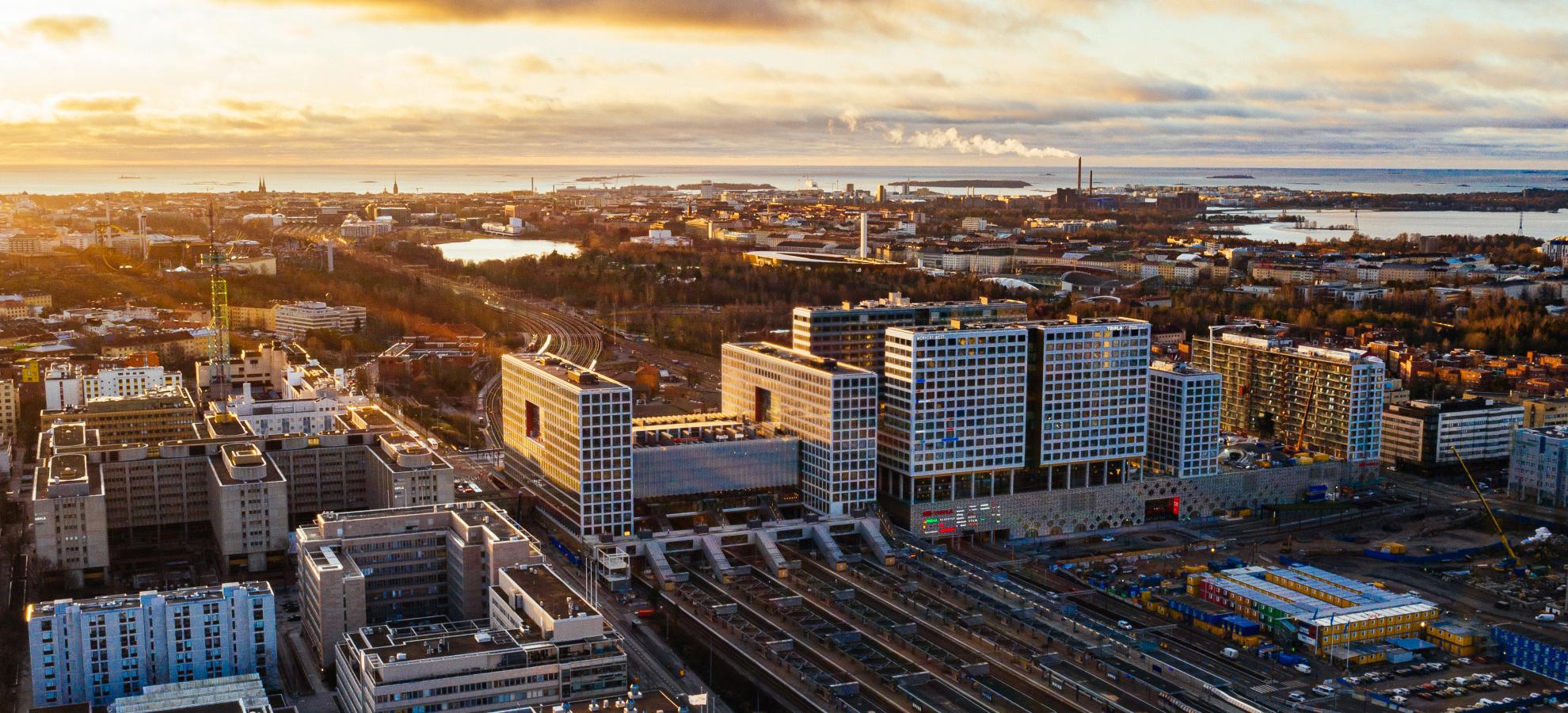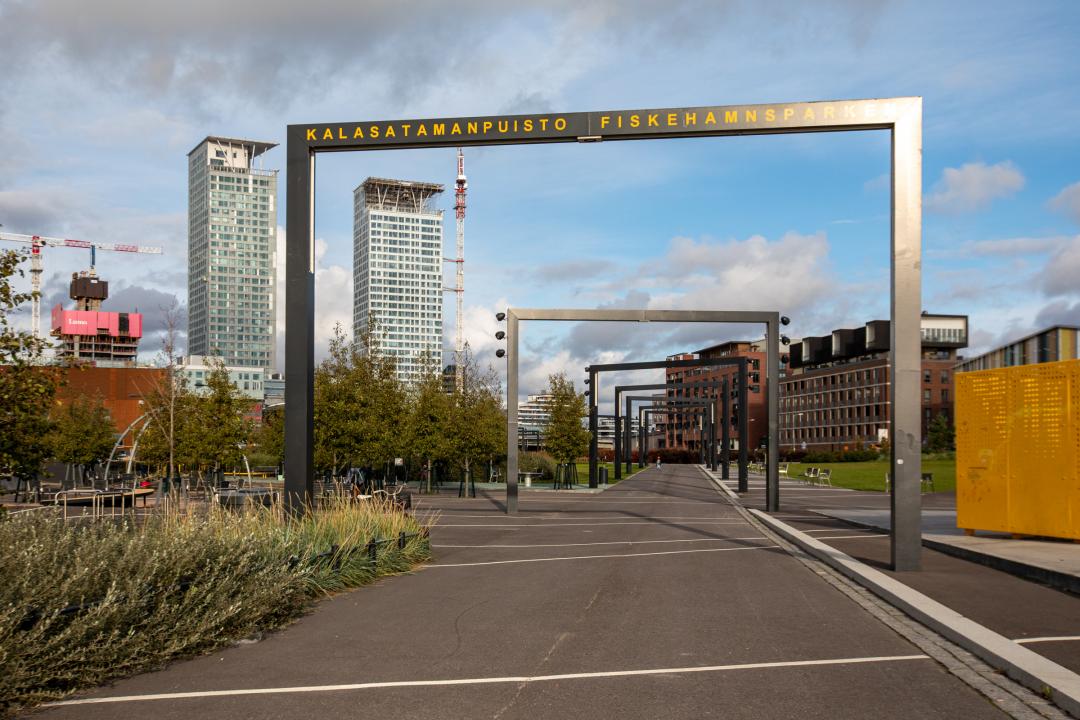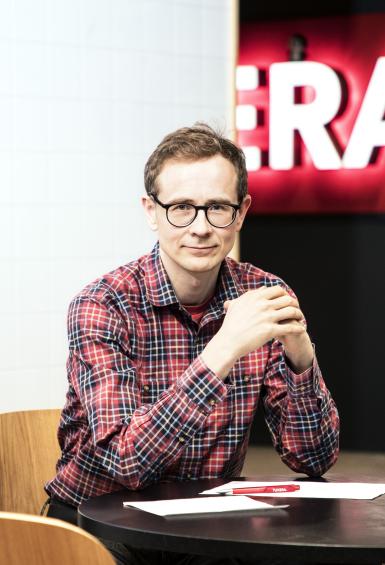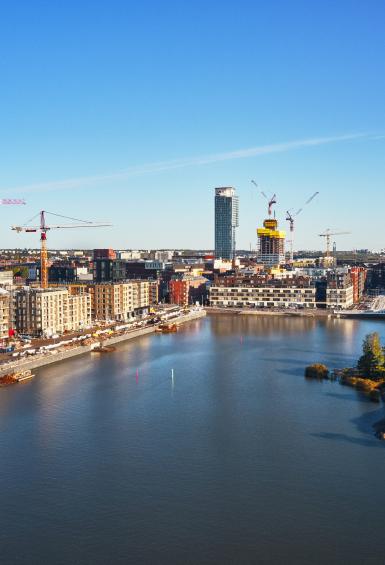
Helsinki improves the quality of life of citizens with digital solutions. These solutions also help Helsinki to achieve its goal to become carbon neutral by 2035.
Helsinki is achieving its goals fast. The city has been placed among the world’s top cities in international smart city rankings in recent years, and the digitalization of services in Helsinki has been noted globally. For example, the respected U.S. newspaper The New York Times praised Helsinki’s climate action and smart city development in an extensive article in October 2020. Also in October, Helsinki won the Going Digital Award, the grand prize in the Digital Cities category, in The Year in Infrastructure 2020 Conference. Greater Helsinki is one of the most attractive investment targets in Europe.
A characteristic feature of Helsinki is to develop urban solutions in cooperation with businesses, research institutions and citizens. Helsinki’s smart city development can be seen in many areas including Kalasatama, Jätkäsaari, the Maria 01 startup campus and Otaniemi.

A smart city saves time and produces better services
The showroom of Helsinki’s smart city development, Kalasatama, is a new residential area developed on former docklands. Many of the buildings and services in the area have been developed through cooperation among residents, enterprises and the City of Helsinki. Kalasatama residents have complimented the area’s renewable energy solutions, electric cars, self-driving buses, underground waste collection system, rooftop saunas, shared spaces in housing companies, and digital housing and living services. Lessons from Kalasatama will next be applied in Pasila, Malmi and Kannelmäki.
Helsinki is well-known for smart mobility. Most notably, the Mobility-as-a-Service concept, MaaS for short, was developed in Helsinki. The MaaS application enables city residents to purchase entire, seamless transport chains for journeys from their front door to the destination, abolishing the need to own a car. The Helsinki test area for smart mobility is Jätkäsaari. Among others, the globalizing Finnish company Sensible 4, specializing in software development for autonomous vehicles, emerged through an innovation project implemented by the urban community.
In terms of data, Helsinki adheres to the MyData principle, according to which citizens and city residents are the owners of the data relating to them. This is also the European principle.
Competition is tough in the field, but we are the only ones with a vehicle suitable for any weather condition. We could almost say that the worse the weather, the better it is for us.





